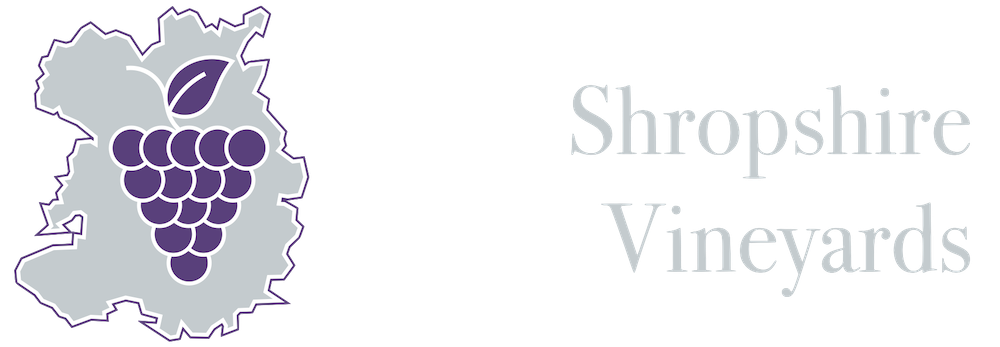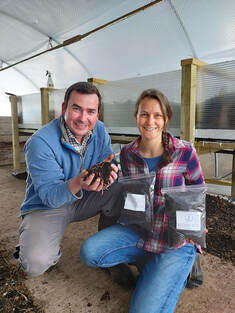0 Comments
Leave a Reply. |
AuthorRoy Williams is a former journalist, systems editor and has his name in small letters as the editor of a book about big data. You can see where the wine comes in... Archives
December 2022
Categories
All
|


